Finance Adviser Dr. Salehuddin Ahmed emphasized the need to import essential goods to alleviate market pressures and shield consumers from rising inflation, acknowledging Bangladesh’s reliance on imports.
“We are dependent on imports, and we are aware of the inflationary pressures associated with them,” Dr. Salehuddin said during a press briefing at the Secretariat on Sunday afternoon. “We must import essential goods as much as needed to ensure the market and the general public do not face additional pressure. Our goal is also to reduce the existing pressure.”
He also outlined his strategy to stabilise the market, which includes ensuring proper production and supply chains, alongside continuous market monitoring.
Addressing journalists, Dr. Salehuddin highlighted the critical role of both domestic and foreign trade in the country's economy. “Trade is the biggest issue—whether domestic or international. Maintaining a favorable business environment free from corruption is crucial. There is a direct relationship between trade practices and inflation, and we need to resolve these issues.”
He further noted that the government’s focus extends beyond food-related challenges, acknowledging the broader trade-related difficulties faced by the public. “We are working to resolve these issues as quickly as possible. To this end, we will hold inter-ministerial meetings and collaborate with the Ministry of Commerce and other relevant agencies. Their cooperation is essential, and we are committed to taking swift action,” he assured.
When asked about the outcome of recent discussions with the Asian Development Bank (ADB), Dr. Salehuddin confirmed the continuation of ongoing development projects. We want to proceed with the reasonable development projects we have with ADB. They have expressed their willingness to continue operations and support future projects in the pipeline. Both the ADB and the World Bank have shown strong support,” he said.



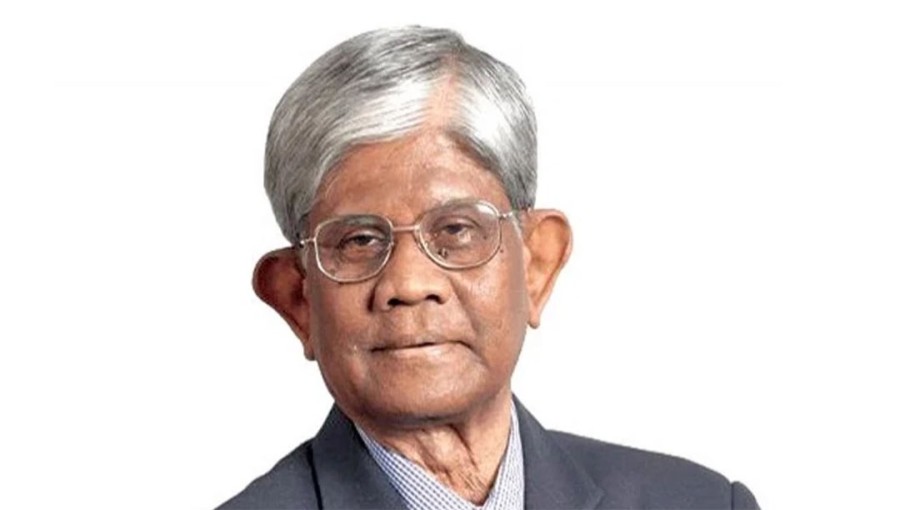

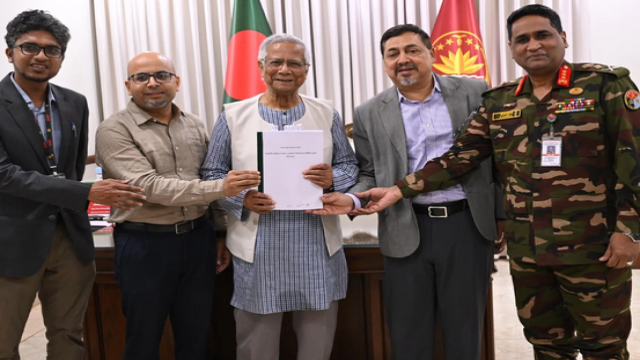

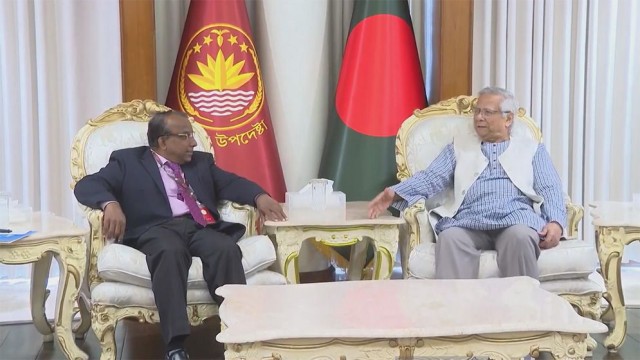
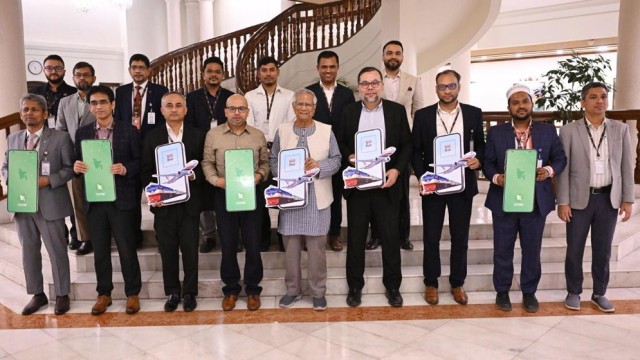
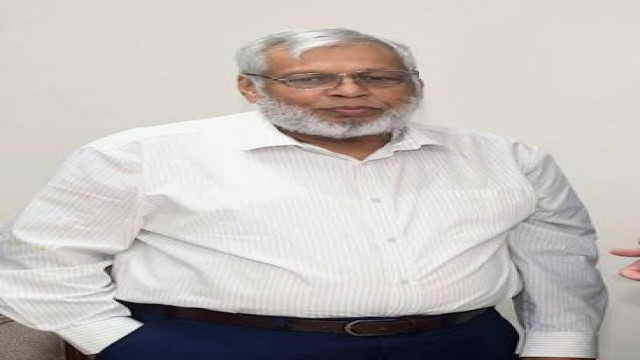

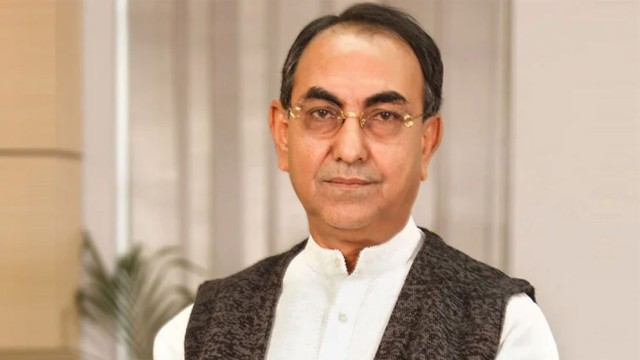
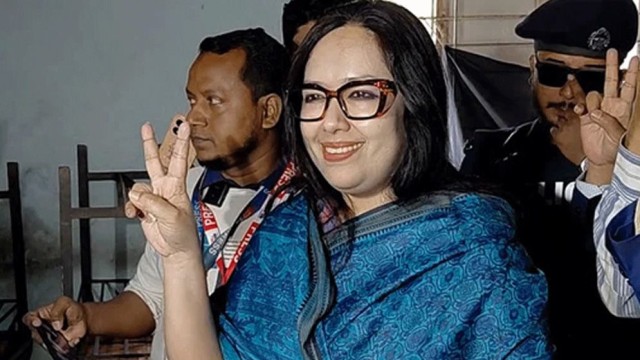


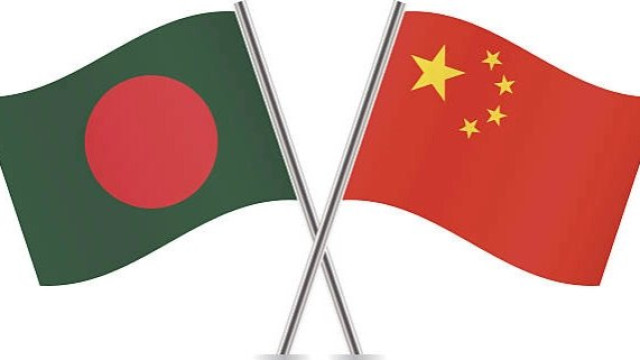















Comment: